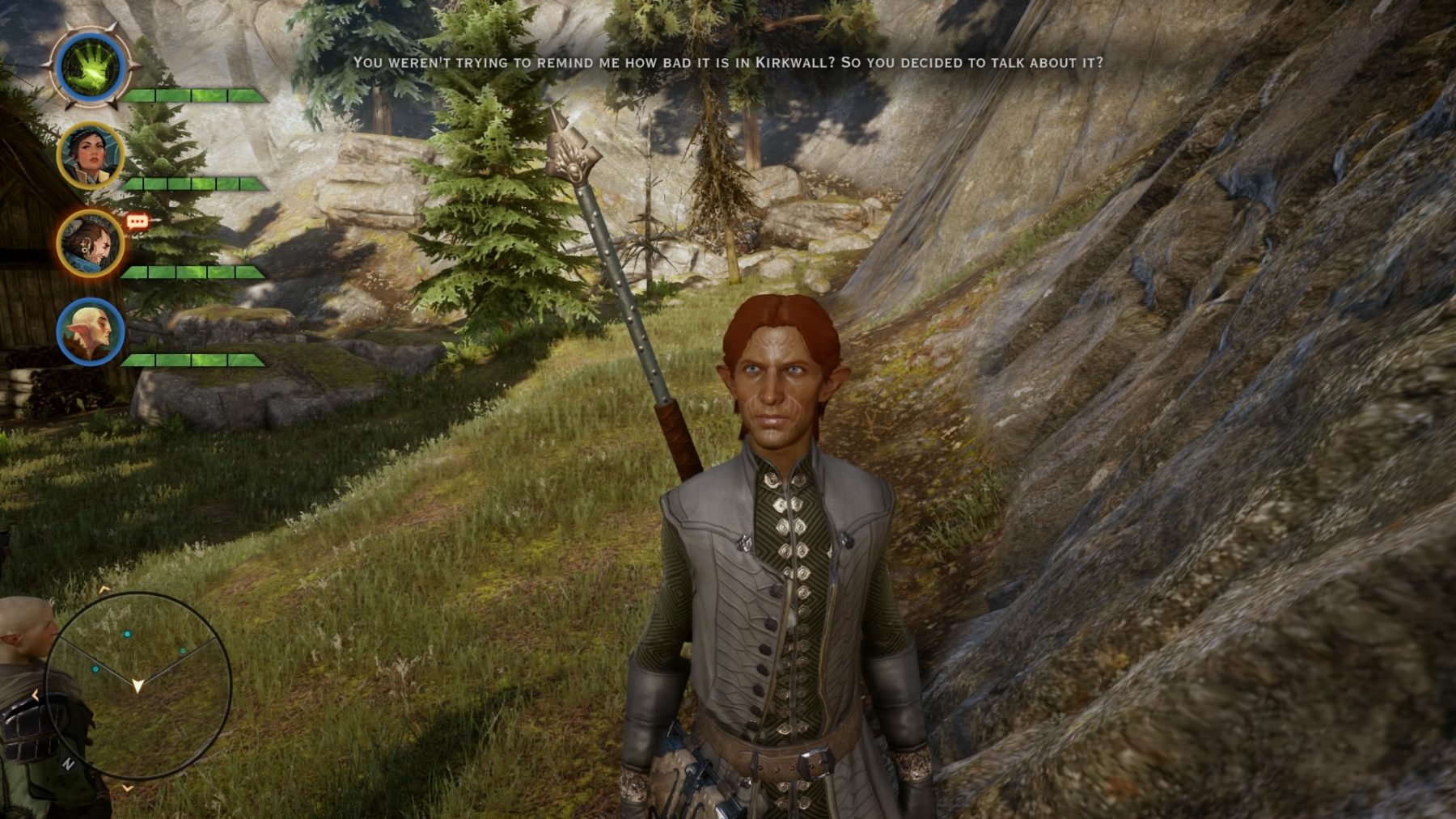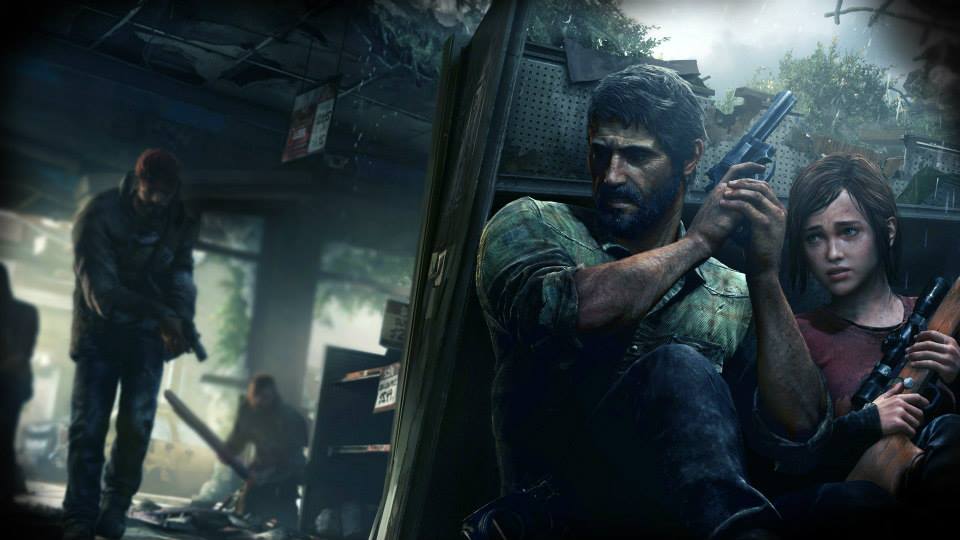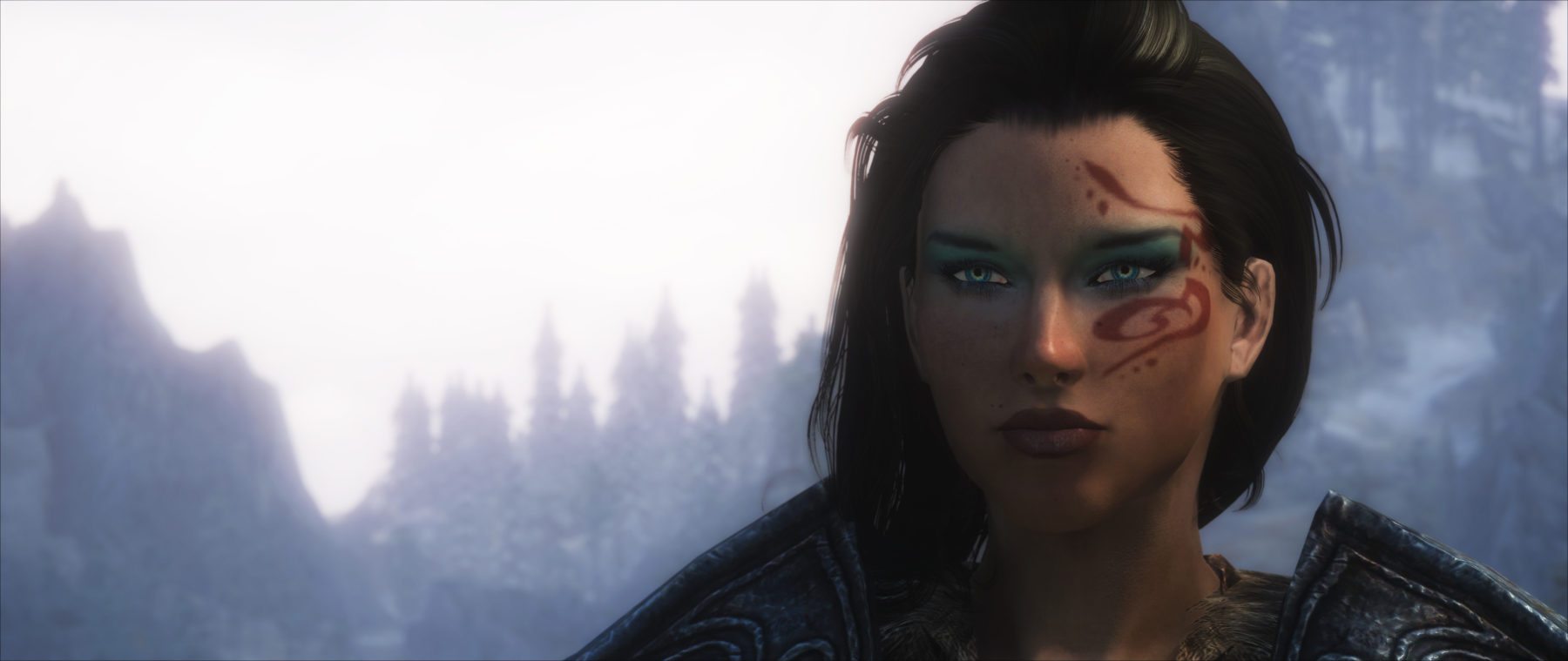Tête-à-tête: Does character customisation have any real purpose in games?
Is creating your own hero from a blank slate great, or is it all a waste of time? Max Elgar and Alistair Jones decide…
For
Since the beginning of my interest in games, the concept of character creation has thrilled me. From age eight I have hunted down games with complex character creation systems and by extension, the ability to create my own story within a game. I have a memory of standing in a local GAME store wondering about how best to spend my pocket money. I spent it on an RPG with a character creation system, longevity, and an open world element. The result was one of my favourite childhood games coming home with me (Champions of Norrath) and a true insertion into the world of flexible RPGs, and an understanding of what RPG truly means in high customisation video games.

Bioware’s recent output has had a strong focus on character customisation, particularly the Dragon Age series. Photo: Flickr/mrwynd
When a character creation screen pops up after an opening cinematic, I get excited. In the case of games like Champions of Norrath Skyrim and in this case specifically Dragon Age: Inquisition, the possibilities of complete control over how the story develops open up considerably. Don’t misunderstand me, I like character driven games like the Lara Croft reboot and The Last of Us, but I’m a gaming tyrant when it comes to RPGs. Even in story centric games I like to control little details, which is why I enjoy aspects such as skill trees and customisable gear in games like Far Cry 4. I need personalisation to give me that little extra boost I need to buy a game. I am not however, a retro revisionist customisation fan. Games like Crash Bandicoot or Rayman could not be much improved by say, the ability to create your own character.
When a character creation screen pops up after an opening cinematic, I get excited…the possibilities of complete control over how the story develops open up.
What makes these games so classic are their recognisable and relatable protagonists. But in many RPGs, the character is deliberately put as an everyman, with branching choices and decisions that cannot possible be mapped onto any one character mould. As a result, games like South Park: The Stick of Truth and the Dark Souls series give you the ability to create the ‘self ’. Making a character that looks like you has several fundamental pros. The character that looks like you complicates morality. So for example, if you play as a huge demonic character, massacring a village for profit seems axiomatic, but when you play as ‘yourself ’, a morally much more complicated individual (let’s hope), this choice becomes more difficult. It also provides endless hilarity in attempting to make a character look like you rather than a deformed goblin
The sync feature of Bioware’s recent games (Inquisition included) really add to the cohesive, unique-to-player story experience. Extremely customisable faces are, to me, a hallmark of the modern RPG, and whilst I personally rarely dabble deeply in cheek bone ratios, I enjoy fine-tuning the expression of my character to better represent myself. Overall the ability to create and customise multiple characters to wildly different specifications adds both replayability and a gender equality element, and as a gaming tyrant, I also like my money’s worth. Multiple plays result in a happy gamer : go customisation! – Max Elgar
Against
“You there, step forward. Who are you?” The first time I played Skyrim, I spent a good fifteen minutes tweaking the player customisation options into a reasonable, if somewhat more rugged, approximation of myself. Once I was done, the game returned to first-person view, and I chose to spend most of my time unable to see my character. My only glimpses of what I’d created came from occasional kill-cams, and even they only lasted until I found some decent armour, at which point my masterpiece was obscured from the world forever.
Player customisation can be fun, and I’ll admit I’ve enjoyed creating some abominations in my time, but very few customisations change the game in any real way. In the new Dragon Age: Inquisition, the customisation options will likely allow you to put hours into the game before even seeing the first cutscene, but none of it matters. While picking your character’s race or special abilities is an important part of any game, the colour of their outer irises and the exact bend of their nose is not, especially when you’ve kitted them out to the point where you can’t even see their face.

Do pre-defined, uncustomisable characters lead to greater immersion in games such as 2013’s The Last of Us? Photo: Flickr/Global Panorama
What’s more, I find player-created characters to be far less interesting protagonists than their pre-designed counterparts. Admittedly, if you’re looking for immersion in an RPG, they’re arguably the way to go, but I always find they have almost no depth of character beyond the selection of dialogue options set out by the game. While not every ‘original’ protagonist is perfect (Watch Dogs’ Aiden Pearce immediately springs to mind) characters like Assassin’s Creed’s Ezio and The Last of Us’ Joel and Ellie have personalities that complement their games rather than making them feel like glorified pick-yourown adventures. These are characters whose stories can be responsible for carrying entire franchises, and we need them to be emotive, cinematic figures who we can engage with, rather than stand-ins for players that we simply steer through games with very little potential for growth.
Player customisation can be fun, but very few customisations change the game in any real way
While player customisation definitely has a place within gaming, its physical aspect is nowhere near as important as certain developers would have us believe, and when it has no impact on the game and arguably leads to a more blinkered way of telling a story, I would always rather have an original protagonist. Yes, a personal touch is nice, but that can come through skill trees and play style much more effectively than through choosing what colour eye-shadow your protagonist is wearing.
In my opinion, the best way to go about customisation is to incorporate it into a game alongside a strong protagonist, something Rockstar have been doing with Grand Theft Auto for years. While you’ll never get the same range of detail you find in Skyrim or Dragon Age, you get to project at least some of your personality onto your character while allowing them to have a character of their own. – Alistair Jones [divider]
Header Image: Flickr/Joshua/Ezzell
What’s your take on character customisation in games? Tweet us @BoarGames

Comments